University of Michigan 2023 Public Engagement Faculty Fellowship
We are proud to support the 2023 cohort of the Public Engagement Faculty Fellowship.
The 2023 cohort of Fellows and Mentor Fellows are faculty from across all three University of Michigan campuses, representing all forms of public engagement. There are two roles in the program:
- Fellows are faculty who are relatively new to public engagement work or who are interested in trying something new in their public engagement practice.
- Mentor Fellows are faculty with more extensive experience in public engagement. Mentor Fellows will work closely with Fellows, providing guidance, connections, mentorship based on their own expertise and networks in public engagement.
You can view all participants in prior cohorts of the Public Engagement Faculty Fellowship here.
Meet the Mentors

Simone M. Charles
Clinical Associate Professor, School of Public Health, Ann Arbor
Dr. Simone Charles is a Clinical Associate Professor and Associate Chair for Curriculum in the Department of Environmental Health Sciences. She also serves as the Director of Pathways to Public Health at School of Public Health. Her environmental health practice intersects exposure science, translational research, and health literacy to promote environmental justice and health equity. She has several years’ experience working with academic-practice-community partnerships to develop and implement programmatic interventions to address environmental health disparities in under resourced rural and urban communities. An example practice project includes using citizen science to bolster capacity for youth-led research and action to understand and address environmental justice impacts in communities. In addition, training the next generation of public health professionals with an emphasis on research translation and health equity, has long been a key tenant of her work. She defines a successful scholar as one who is deeply committed to, and thriving in doing, their purposeful mission. Participation in the Public Engagement Faculty Mentor Fellowship program would facilitate access to the tools, collaborations, and dedicated space for her to continue to advance her public health mission and allow her to share with others to bolster their work as well.
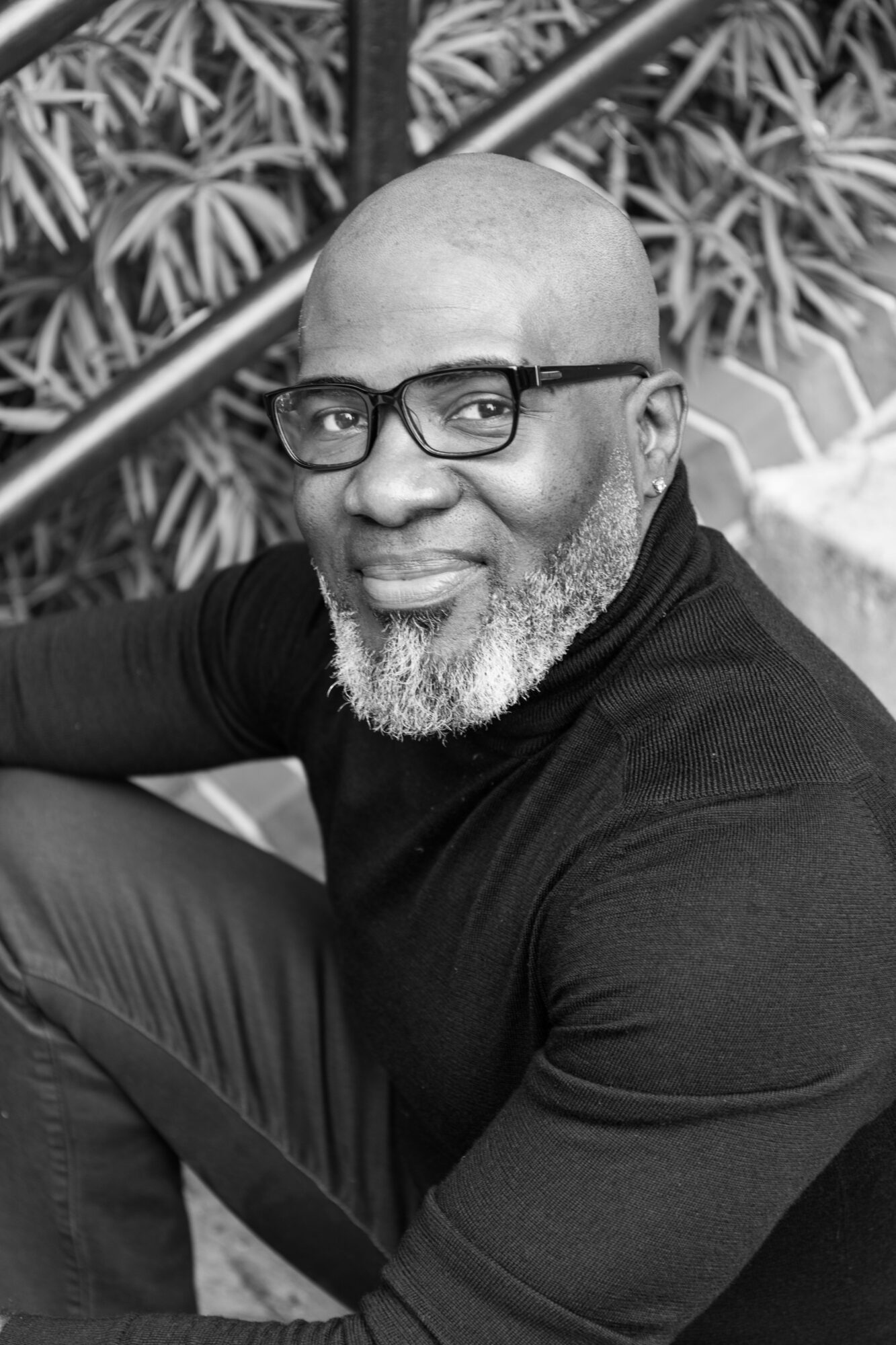
Antonio C. Cuyler
Professor, School of Music, Theatre, & Dance, Ann Arbor
Antonio C. Cuyler (He), Ph.D. is Professor of Music in Entrepreneurship & Leadership in the School of Music, Theatre & Dance (SMTD) at the University of Michigan. He is the author of Access, Diversity, Equity, and Inclusion in Cultural Organizations: Insights from the Careers of Executive Opera Managers of Color in the U. S. and editor of Arts Management, Cultural Policy, & the African Diaspora. He also founded Cuyler Consulting, LLC, a Black-owned arts consultancy that helps cultural organizations maximize their performance and community relevance through access, diversity, equity, and inclusion (ADEI).
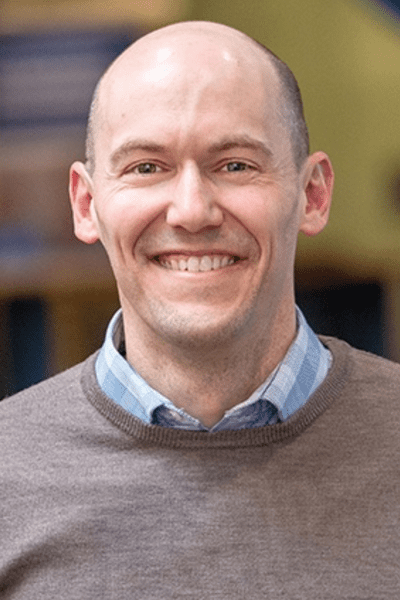
Justin Heinze
Associate Professor, Health Behavior & Health Education, School of Public Health, Ann Arbor
Dr. Heinze’s research investigates how schools influence disparities in violence and other risk outcomes from an ecological perspective that includes individual, interpersonal, and contextual influences on development. He is particularly interested in structural features of school context and policy that perpetuate inequity in violence and firearm outcomes, but also how these institutions can serve as a setting for intervention.
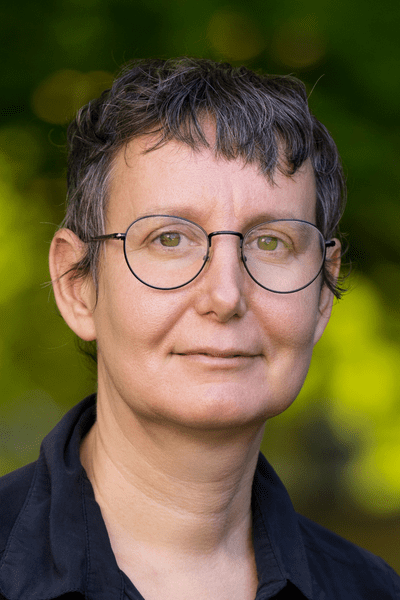
Laura Napier
Lecturer I, Stamps School of Art & Design, Ann Arbor
Laura Napier is a socially engaged artist producing projects exploring behavior, sociology, and place through participatory and collaborative performance, moving image, photography, and installation.
Napier’s practice has been supported by the Puffin Foundation, Houston Arts Alliance, Transart Foundation for Art & Anthropology, and the Creative Climate Leadership program led by Julie’s Bicycle, among others. Napier recently presented work at Public Space One in Iowa City, the Experiences of Oil conference at the Stavanger Art Museum in Norway, and the Solar Studios at Rice University in Houston. She studied at Cooper Union and holds an MFA from the Milton Avery Graduate Program of the Arts at Bard College. She lectures with the Stamps School of Art & Design at UM.
Napier’s Michigan connections include organizing Happy Valley, a social performance of the Flint Male Chorus and the Flint City Wide Choir with the Flint Public Art Project outdoors at Chevy-in-the-Hole in Flint, Michigan, before the water crisis in 2013. That same year she brought her grandfather’s family business, Motor City Window Cleaning Co., back to life in Memphis, Tennessee as a collaborative performance with local artists during Memphis Social, an apexart Franchise exhibition. You can find out more at https:/lauranapier.com.
Meet the Fellows
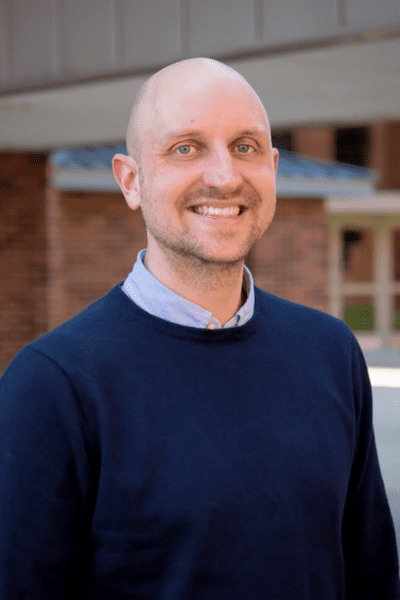
Justin Colacino
Associate Professor, School of Public Health, Ann Arbor
Dr. Justin Colacino is an Associate Professor of Environmental Health Sciences, Nutritional Sciences, and the Program in the Environment at the University of Michigan. His research focuses on understanding how environmental pollutants impact the development of chronic diseases like cancer and Alzheimer’s disease. He also works to develop new strategies to prevent cancer in high risk individuals. His research group combines wet lab bench work with epidemiological cohort studies and clinical trials to translate findings from experimental systems to the population level.
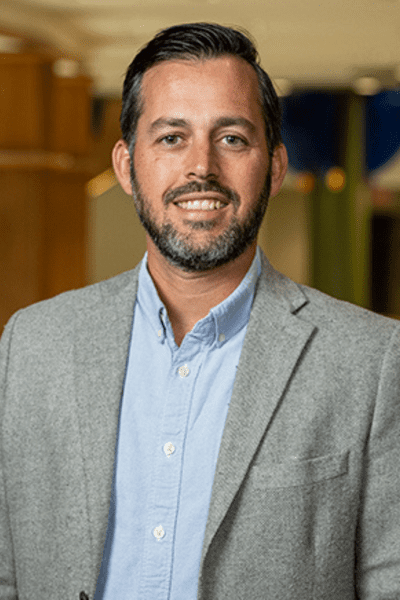
Paul Fleming
Assistant Professor, School of Public Health, Ann Arbor
Dr. Fleming focuses his work on the root causes of racial health inequities and strategies to address them. He conducts community-based participatory research focused on the health needs of Latinx immigrants in Michigan and examines how to best integrate anti-racist principles into public health training and practice. He also is a member of Public Health Awakened and contributes to community organizing efforts to promote health through social change.
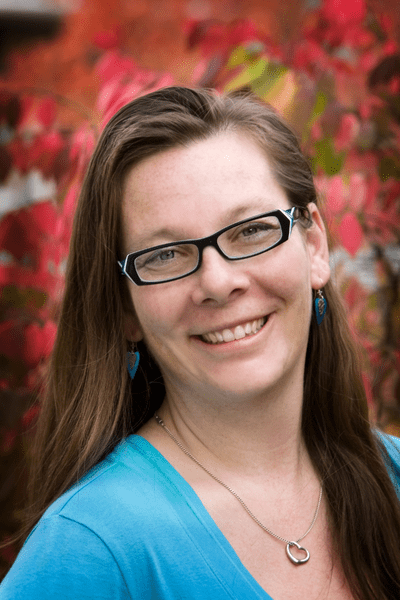
Cynthia Gabriel
Lecturer IV, College of Literature, Science, and the Arts, Ann Arbor
Cynthia Gabriel is the author of two books about birth and postpartum recovery. She is passionate about bringing the science of reproductive health to bear on the lives of everyday people. Her research focuses on cultural aspects of reproduction and health inequalities.
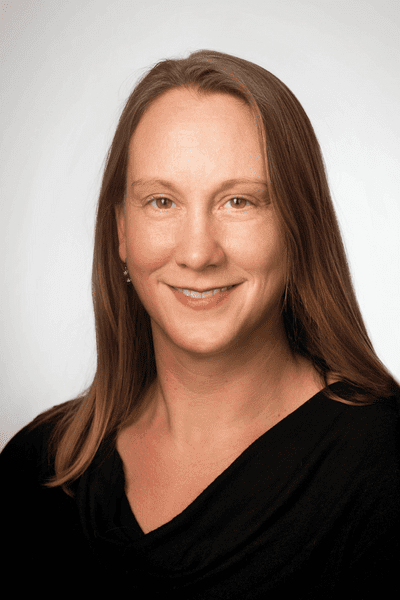
Shelie Miller
Jonathan W. Bulkley Collegiate Professor of Sustainable Systems, School for Environment and Sustainability, Ann Arbor
Shelie Miller is a professor at the School for Environment and Director of the Program in the Environment. An environmental engineer by training, her research is highly interdisciplinary, with a focus on quantifying the environmental impacts of new products at the intersection of technology and human behavior. She is interested in science communication, media engagement, and working more closely with local organizations to help translate sustainability research into products that are accessible to the general public and help improve decision-making surrounding complex environmental issues.
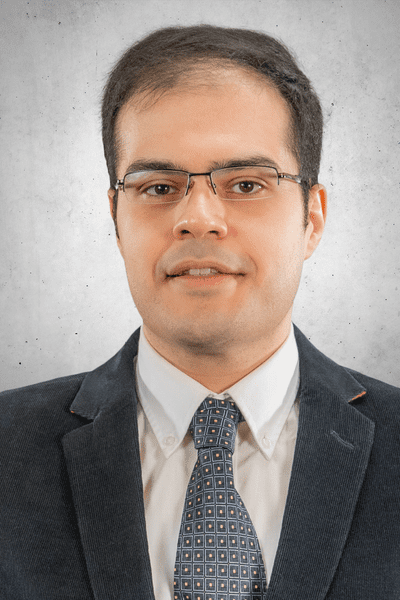
Alireza Mohammadi
Assistant Professor, College of Engineering and Computer Science, Dearborn
Alireza Mohammadi is an Assistant Professor in the Electrical and Computer Engineering Department at the University of Michigan–Dearborn. He is the principal investigator of the Robotic Motion Intelligence (RMI) Lab, which he established in 2018. He received the Ph.D. degree in Electrical and Computer Engineering from the University of Toronto, Canada in 2016. During his Ph.D. studies, he collaborated with the Norwegian Centre for Autonomous Marine Operations and Systems (a Centre of Excellence for research in Norway) on locomotion control of ground and swimming snake robots. In 2011, he received the Masters degree from the University of Alberta, Canada where he was with the Telerobotic & Biorobotic Systems Laboratory. He joined the Locomotor Control Systems Laboratory at the University of Texas, Dallas, as a Postdoctoral Research Associate in November 2016, where he was using neuromechanical principles in the context of feedback control theory to design wearable robot control systems. His research interests include robotics, control systems, and cyber-physical systems.
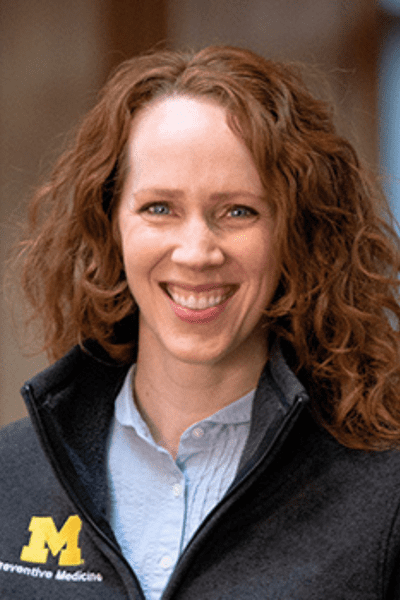
Laura Power
Clinical Associate Professor, School of Public Health, Ann Arbor
Dr. Power’s work is focused on enhancing public health capacity through experiential learning opportunities for students, through needs-based workforce development opportunities for practitioners, and by fostering partnerships between our school, practice-based organizations, and community members. She does this through her work in the Practice Office, through funded-projects focused on the public health workforce, and through teaching professional development and leadership courses. She started her career as an infectious disease physician, working in the hospital and clinic setting and with a focus on hospital infection prevention. This inspired her interest in developing a deeper understanding of the connections between public health and medical practice. She completed additional training in preventive medicine, with a focus on epidemiology. And now she enjoys connecting medicine with public health, research with applied practice, and students with professionals through experiential learning and workforce development. Dr. Power’s main focus right now is teaching and training to support public health capacity; and she continues to have a special interest in infectious disease epidemiology and prevention.
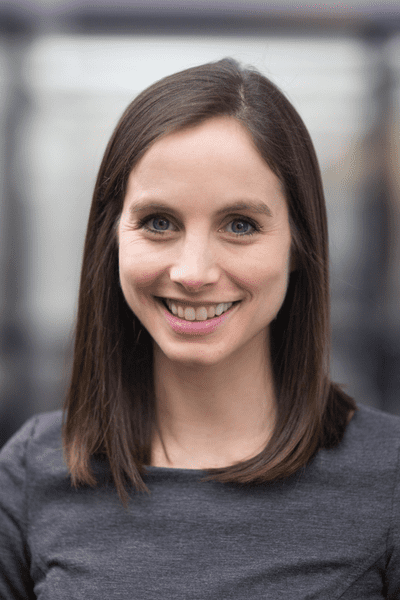
Rebeccah Sokol
Assistant Professor, School of Social Work, Ann Arbor
Dr. Rebeccah Sokol is social work and public health scholar dedicated to youth safety and well-being. She is currently an Assistant Professor at the University of Michigan School of Social Work and an affiliated faculty member of the Institute for Firearm Injury Prevention. Dr. Sokol’s research program is centered around identifying effective strategies to alleviate youth adversity and trauma, with a particular focus on preventing child maltreatment, youth violence involvement, and firearm injury. Additionally, she investigates how to promote positive social determinants of health to improve safety and health outcomes for youth. For many such projects, she collaborates with community partners ranging from community-based organizations, to school systems, to local and state government agencies.
Dr. Sokol’s research skills include primary data collection and analysis, in addition to the use of longitudinal, quasi-experimental, and multi-level quantitative methods to analyze administrative and nationally representative datasets. Dr. Sokol has secured federal funding from the Centers for Disease Control and Prevention (CDC) and the National Institutes of Health (NIH) for her research, and she is committed to effectively disseminating research results back to communities.

Photo by Toon Mertens
Matthew Solomon
Professor, College of Literature, Science, and the Arts, Ann Arbor
Matthew Solomon is a professor in the Department of Film, Television, and Media at the University of Michigan. He is the author of Disappearing Tricks: Silent Film, Houdini, and the New Magic of the Twentieth Century, winner of the Kraszna-Krausz award for best moving image book, of a monograph on Chaplin’s The Gold Rush for the BFI Film Classics series, and, most recently, of Méliès Boots: Footwear and Film Manufacturing in Second Industrial Revolution Paris. He is the editor of Fantastic Voyages of the Cinematic Imagination: Georges Méliès’s Trip to the Moon and of the late Madeleine Malthête-Méliès’ Magnificent Méliès: The Authorized Biography, translated by Kel Pero. He co-edits the “Cinema Cultures in Contact” book series for University of California Press and the “Out of the Archives” book series for University of Michigan Press.
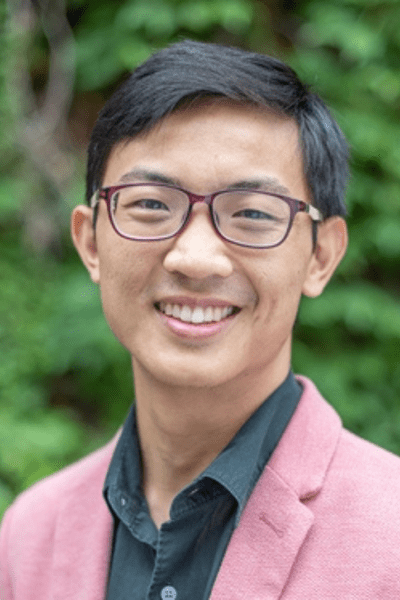
Tian An Wong
Assistant Professor, College of Arts, Sciences, and Letters, Dearborn
Tian An Wong is an assistant professor of mathematics in the Department of Mathematics and Statistics at the University of Michigan-Dearborn. Their work has variously involved distinct fields such as number theory and the quantitative analysis of policing.
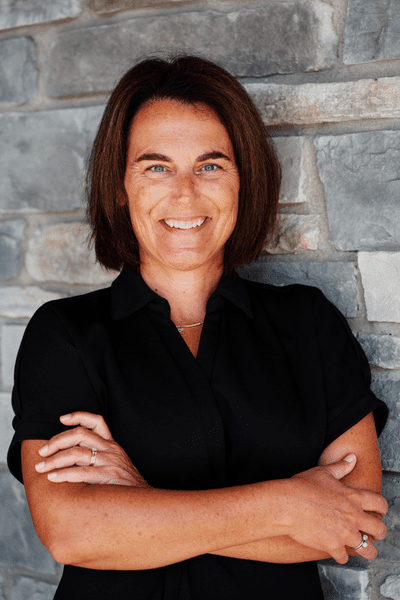
Amy M. Yorke
Associate Professor, College of Health Sciences, Flint
Dr. Amy Yorke is an Associate Professor and Associate Director for Community Engagement in the Physical Therapy Department at the University of Michigan-Flint. She received her B.S. in Health Science and Master’s Degree in Physical Therapy from the University of Michigan-Flint and her PhD in Interdisciplinary Health Sciences from Western Michigan University and is is Board Certified in Neurologic Physical Therapy (ABPTS). Dr. Yorke oversees the physical therapy services at HEART, a student led pro bono clinic at UM-Flint. As the team lead of the Integrating KNOWledge Translation (iKNOW) lab, Dr. Yorke research interests are in translating evidence-based practices to clinical, community, and academic settings in order to improve patient and student learner outcomes. In addition, Dr. Yorke is interested in further understanding interprofessional collaborative practice in both education and in the clinic.
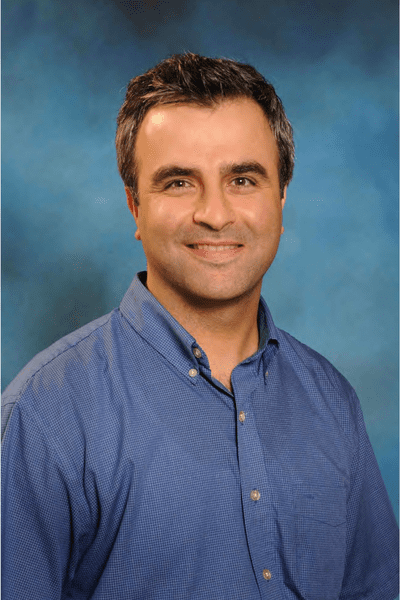
Yunus Zeytuncu
Professor, College of Arts, Sciences, and Letters, Dearborn
Yunus earned his Ph.D. from the Ohio State University in 2010. He was a visiting assistant professor at Texas A&M University before joining the University of Michigan-Dearborn in 2013. In addition to his regular administrative, teaching, and research activities, Yunus coordinates the NSF REU Site in Mathematical Analysis and Applications, directs the Center for Mathematics Education, and mentors at the Polymath Jr. Summer Program. In 2019, he received the Distinguished Teaching Award from the Michigan Section of the Mathematical Association of America (MAA). In 2021, he was selected the Michigan Professor of the Year by the Michigan Association of State Universities.
